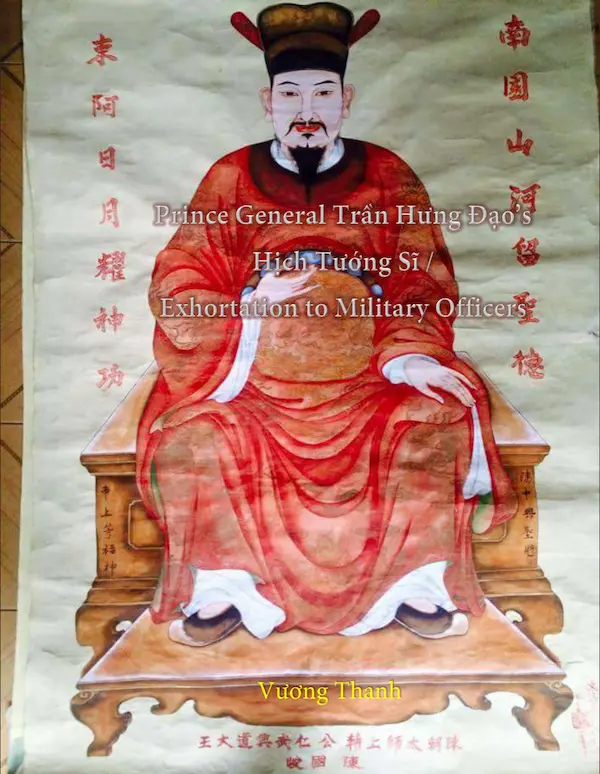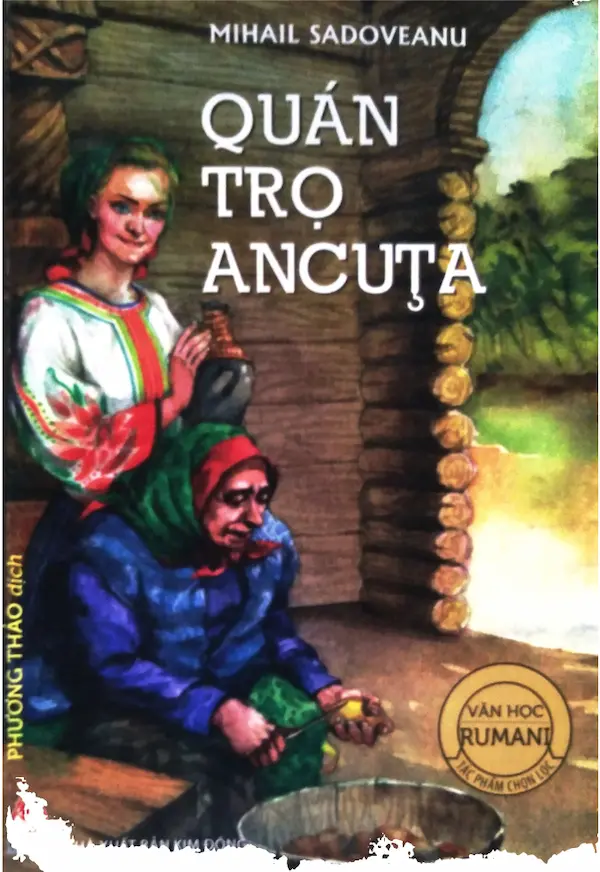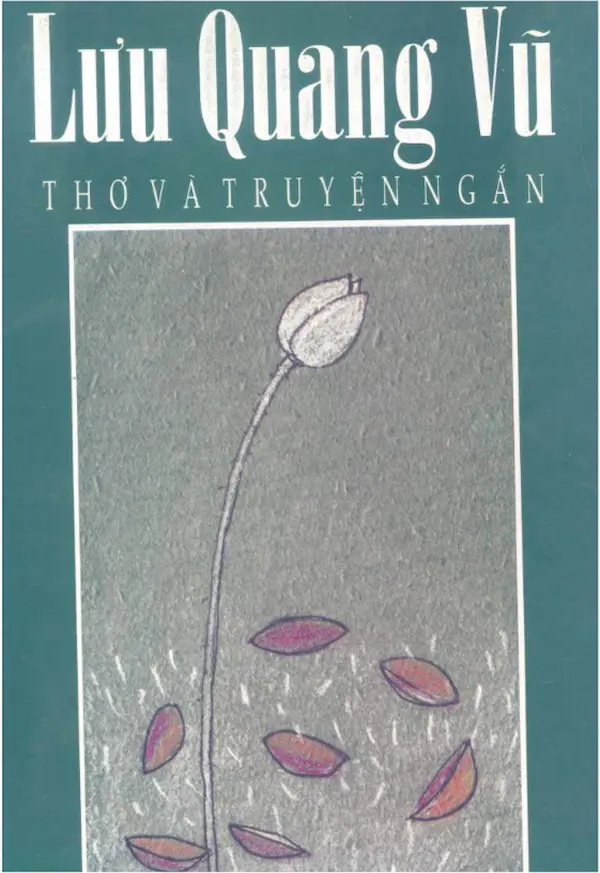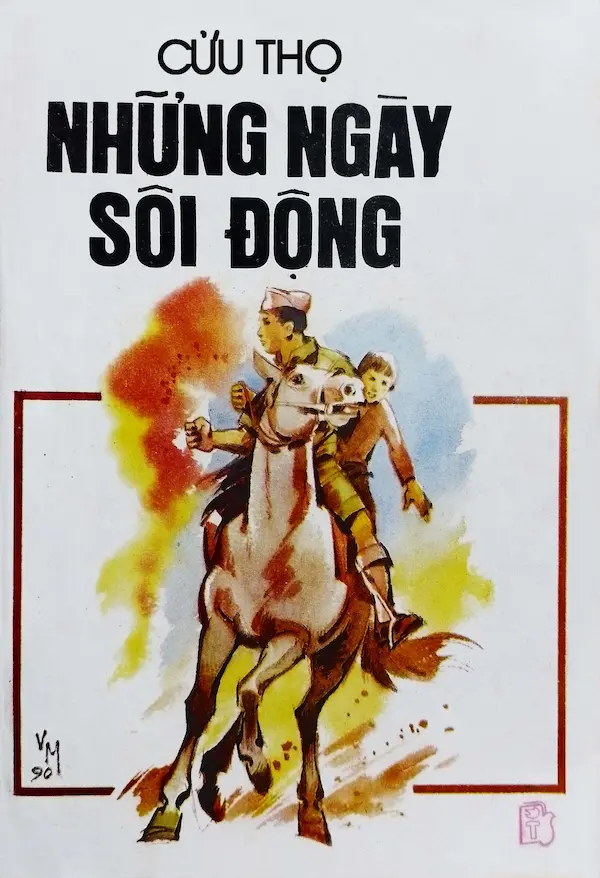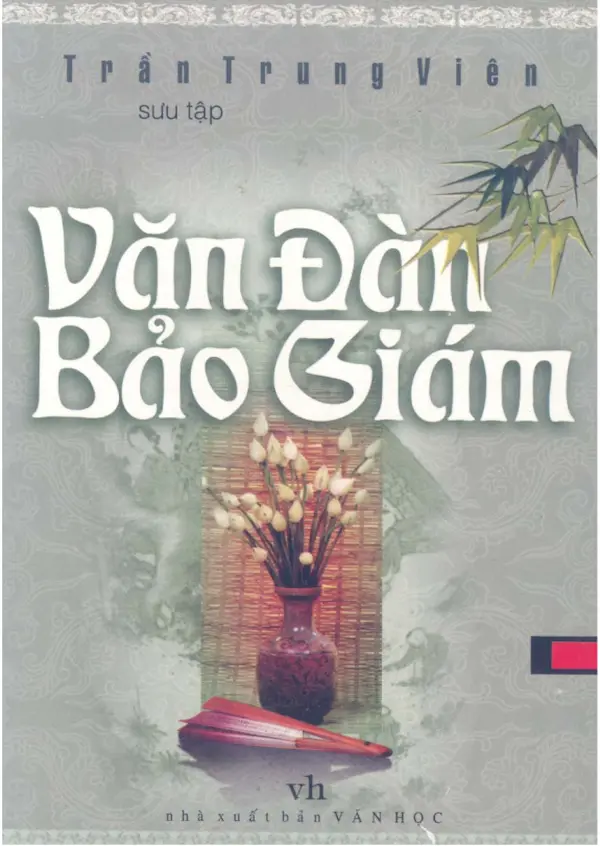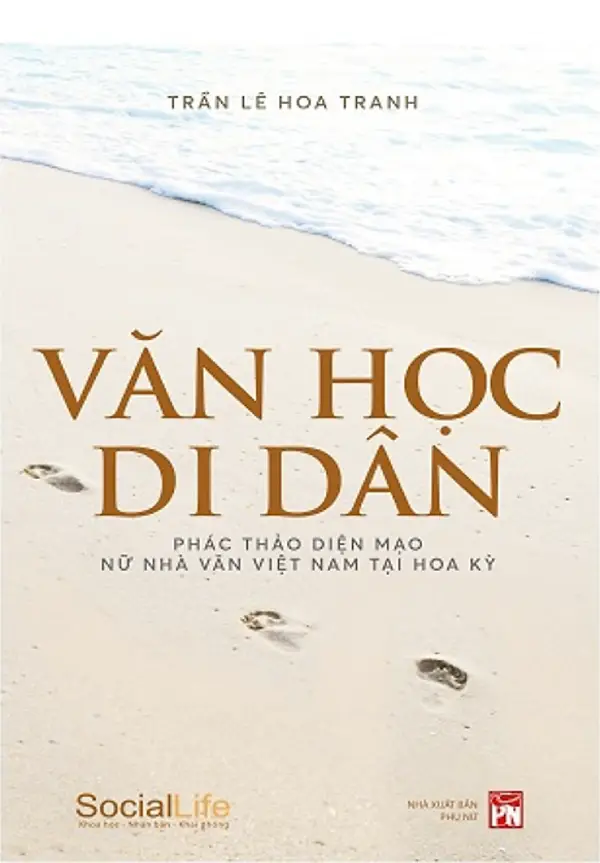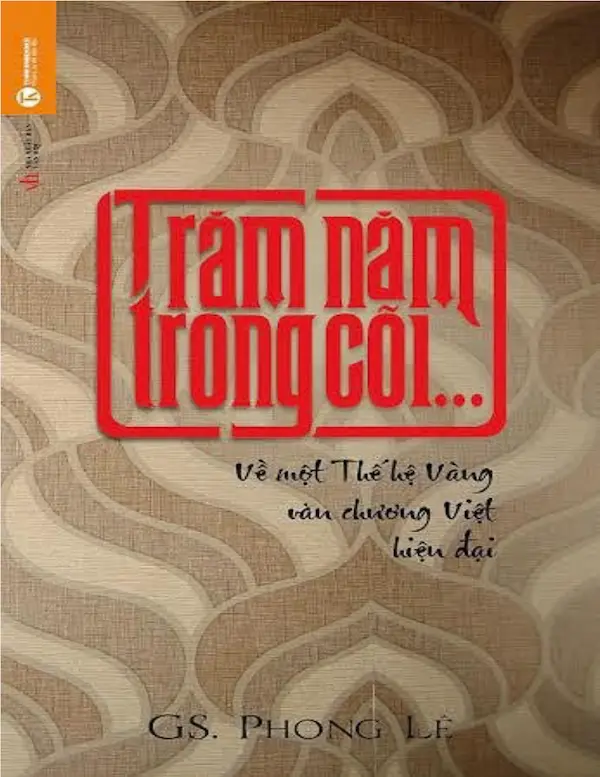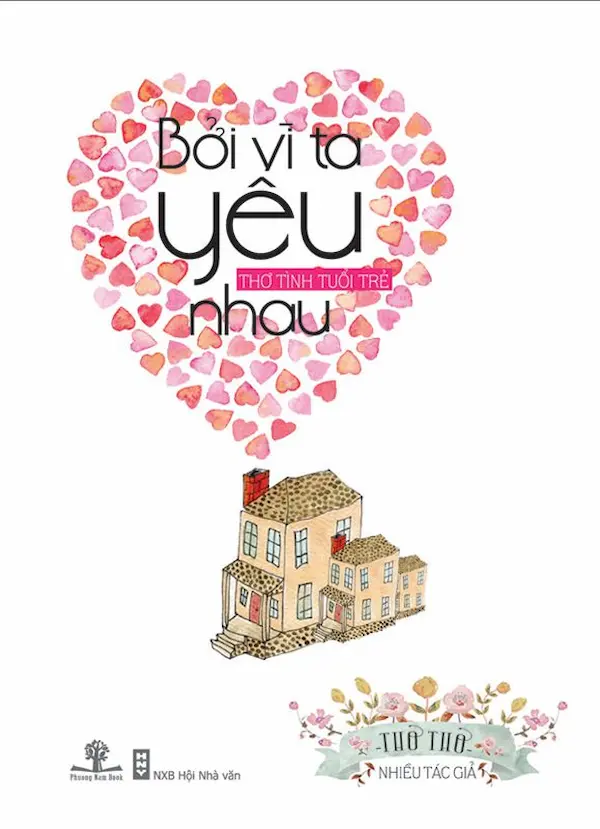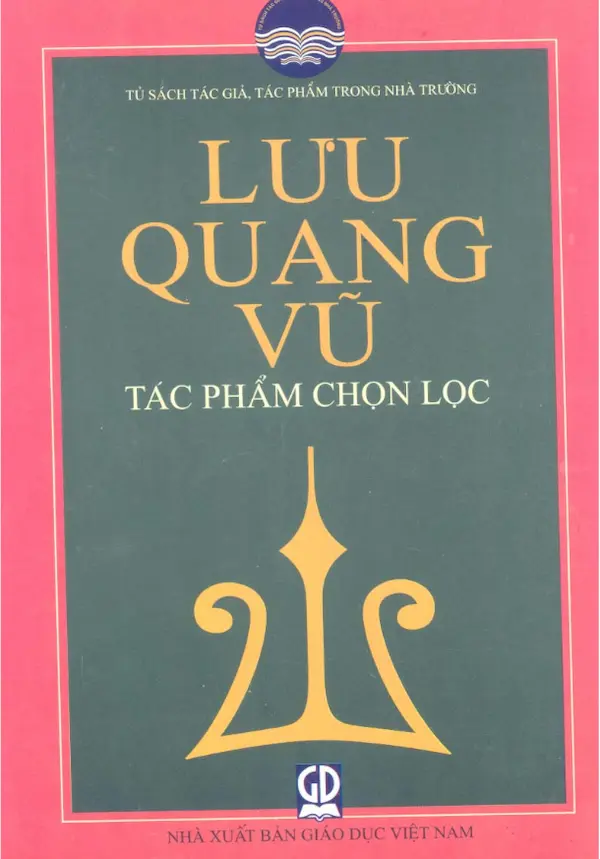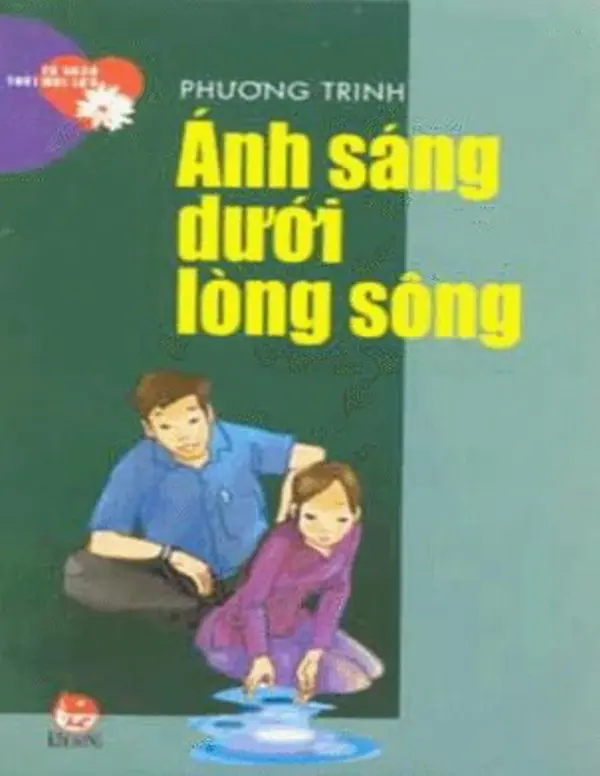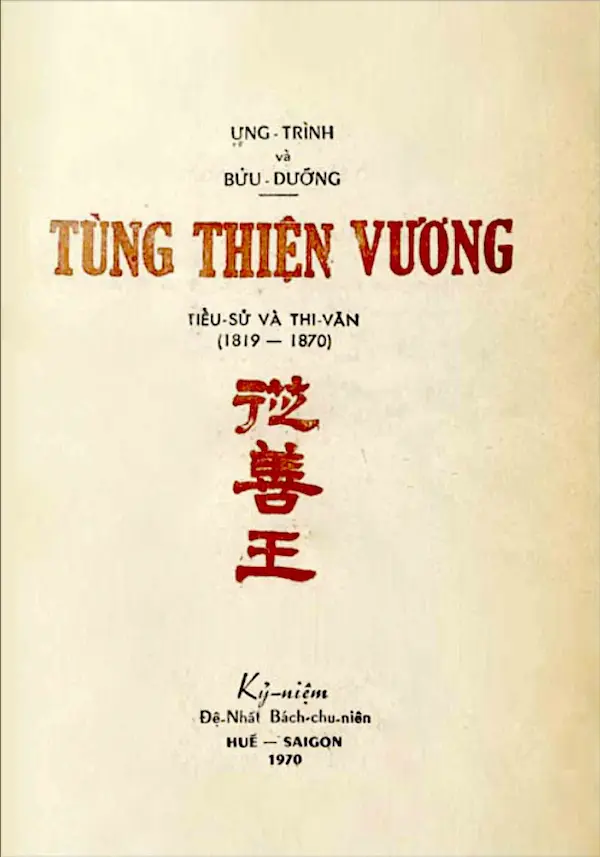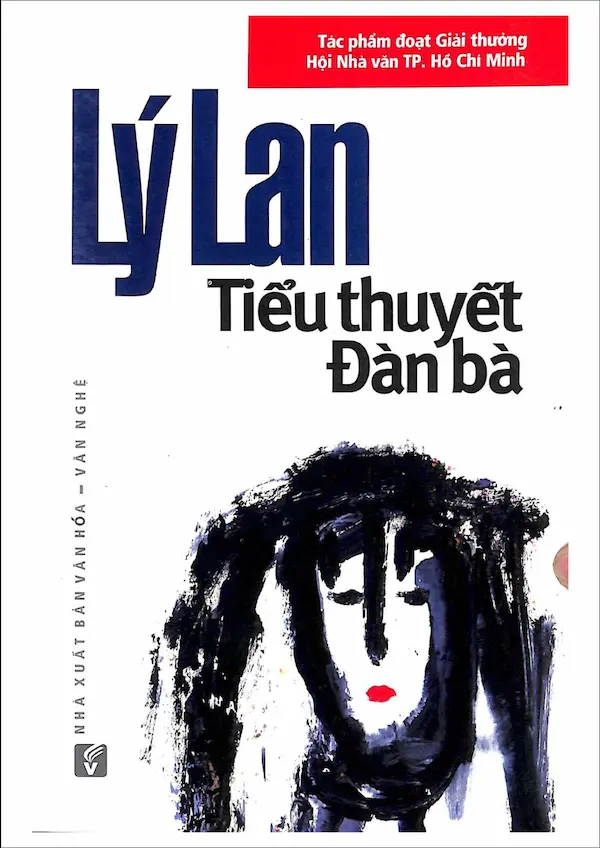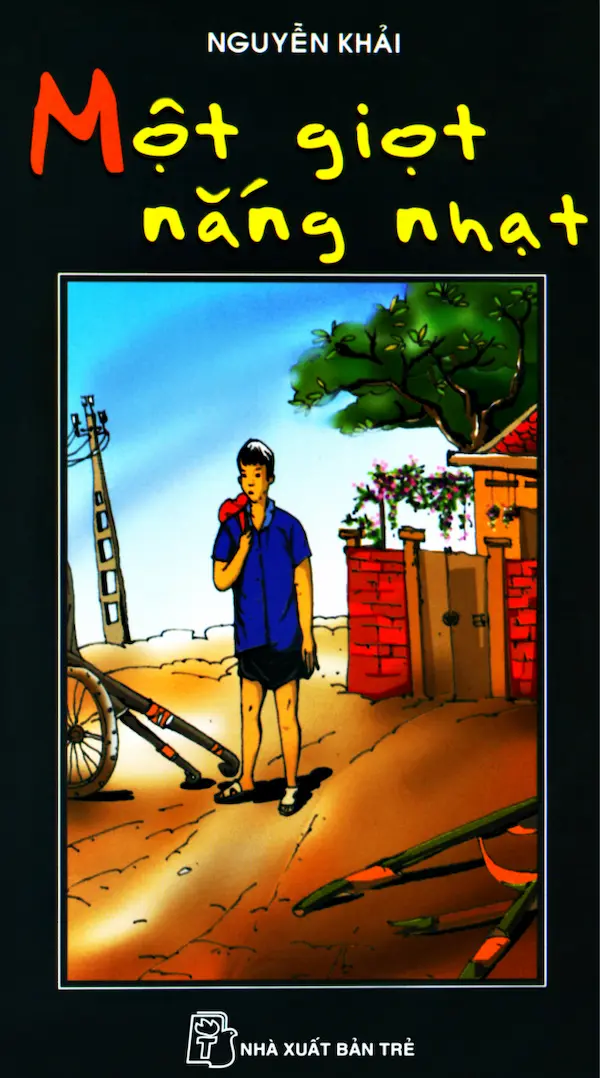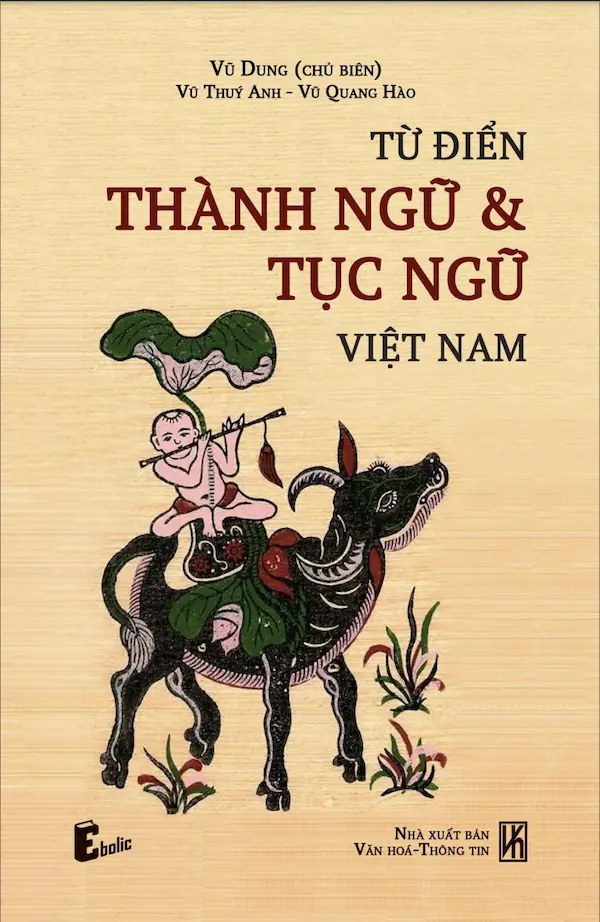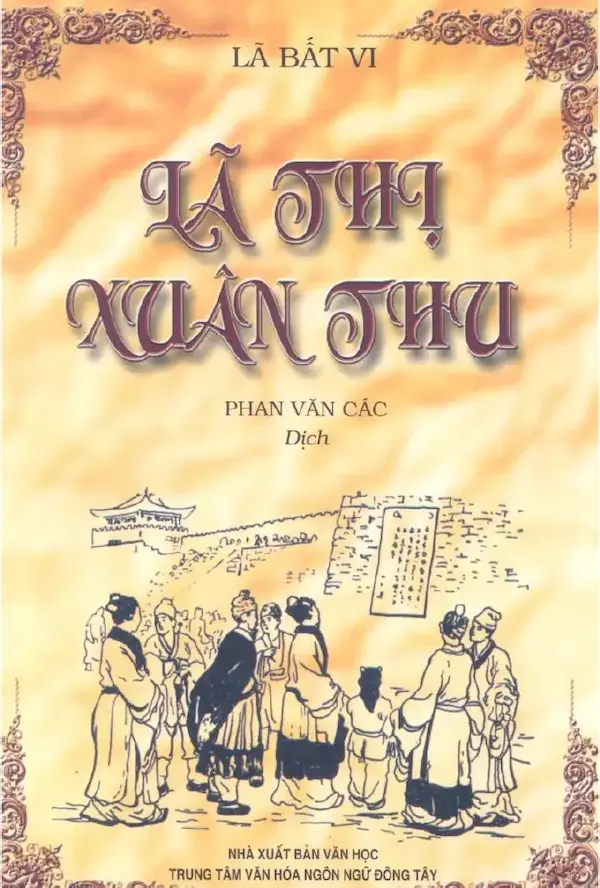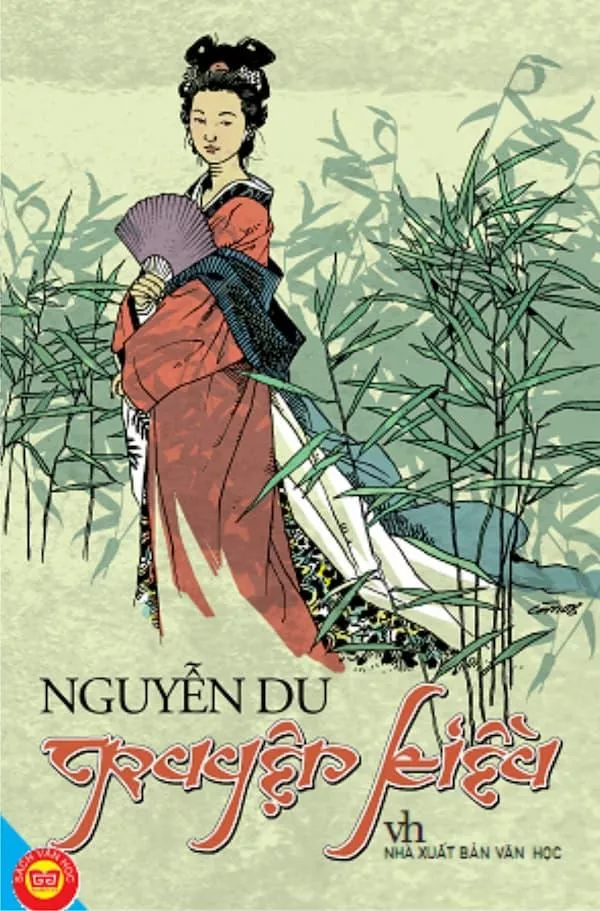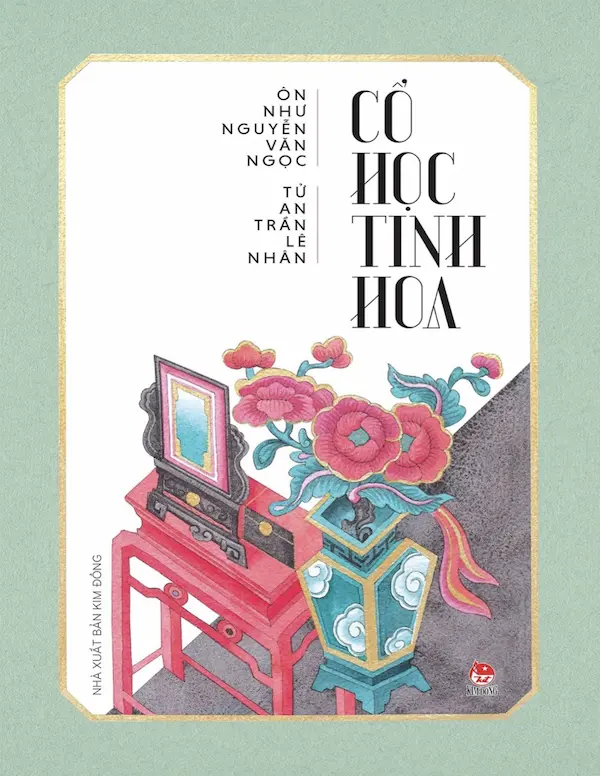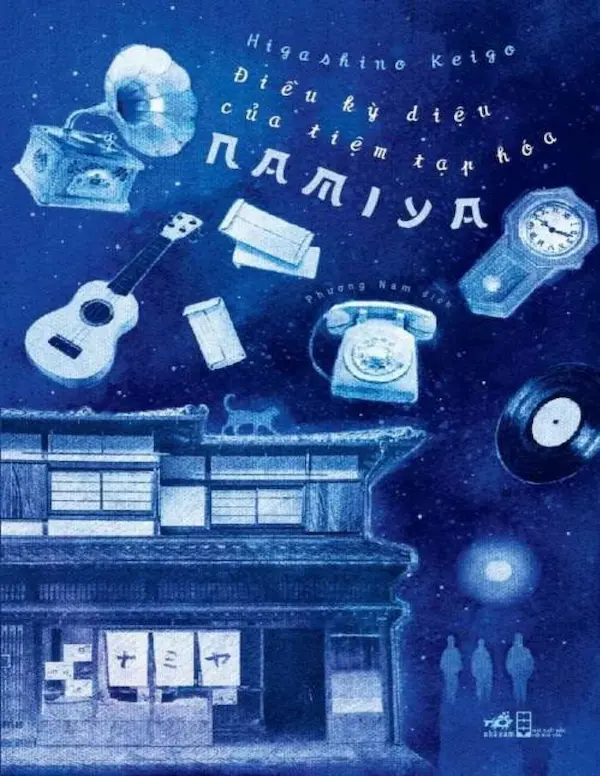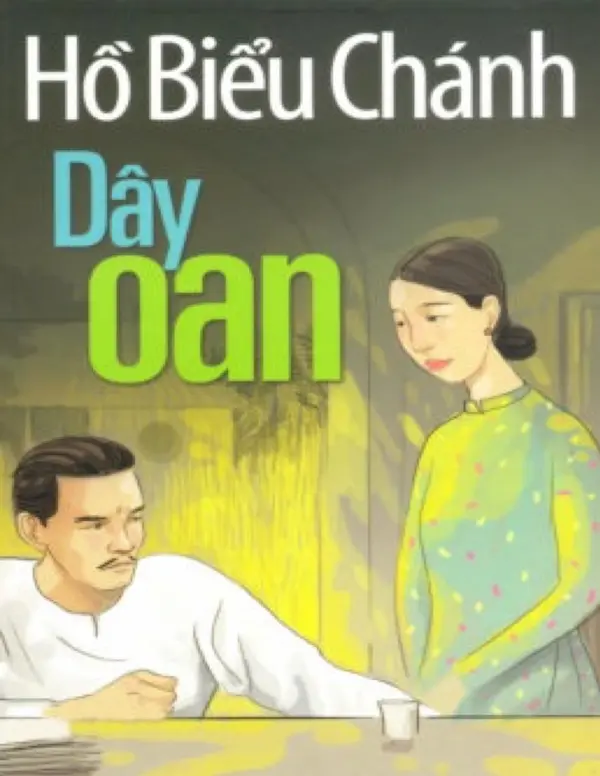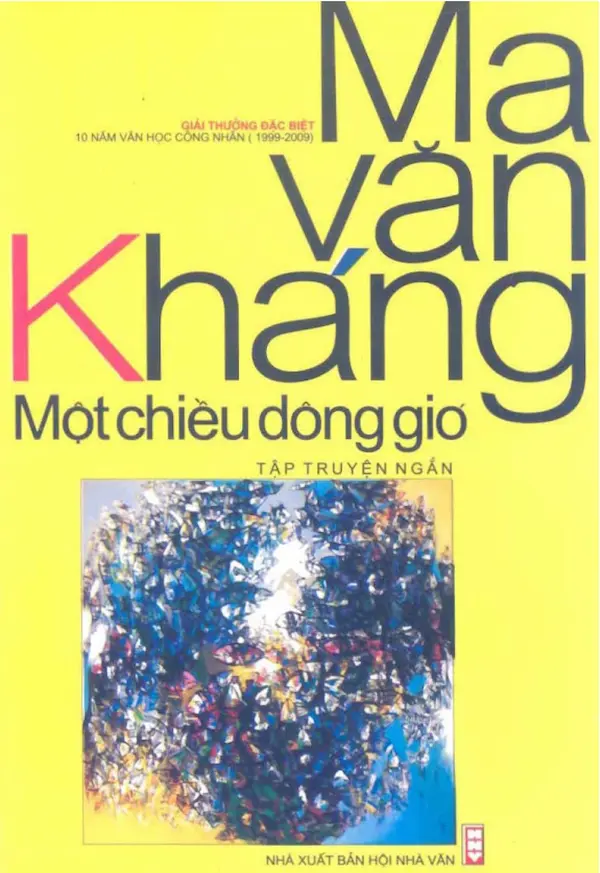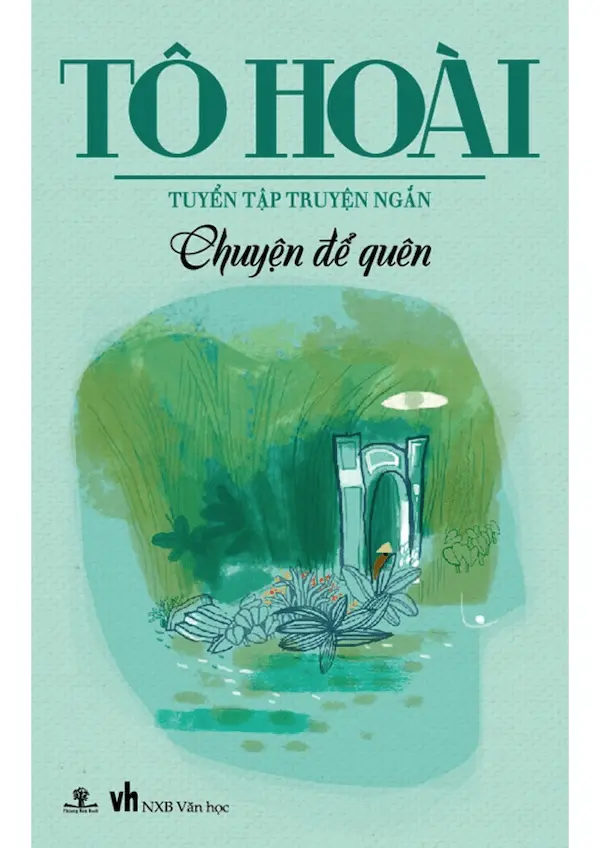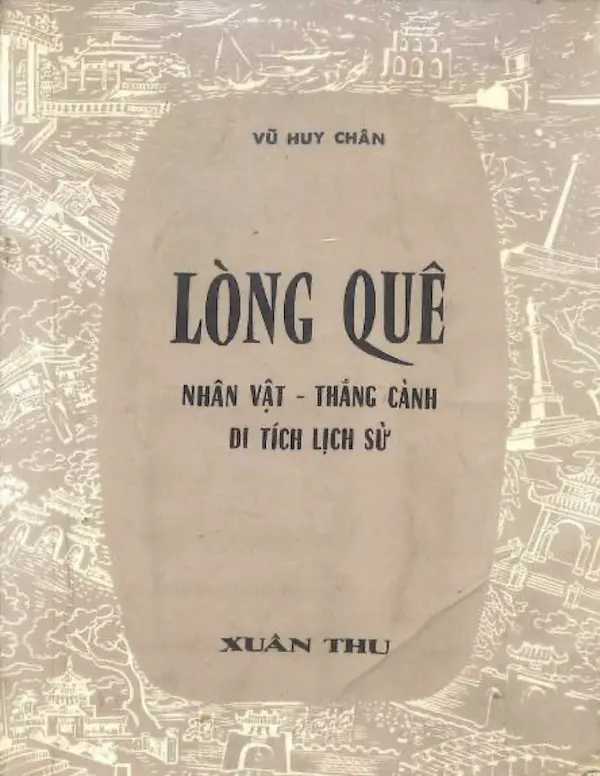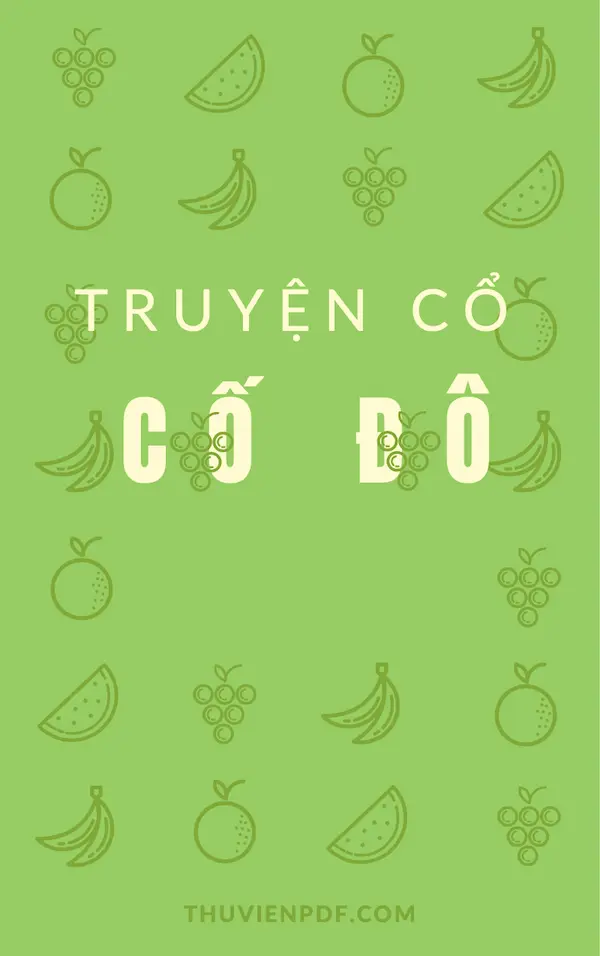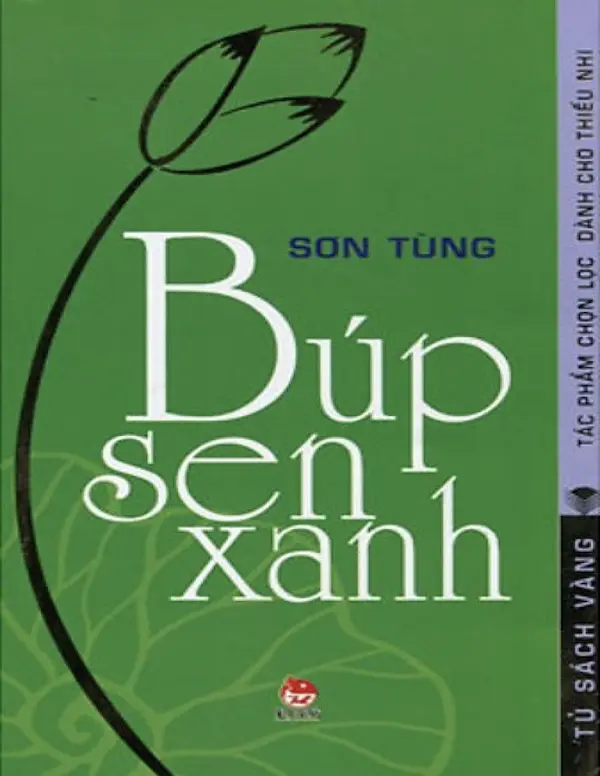
Trần Hưng Đạo (chữ Hán:陳興道; 1231 – 1300), tên thật là Trần Quốc Tuấn (chữ Hán:陳國峻), tước hiệu Hưng Đạo đại vương, là một nhà chính trị, nhà quân sự, tôn thất hoàng gia Đại Việt thời Trần.
sau khi qua đời dân gian đã suy tôn ông thành Đức Thánh Trần (德聖陳) hay còn gọi là Cửu Thiên Vũ Đế (九天武帝). Ông được biết đến trong lịch sử Việt Nam với việc chỉ huy quân đội đánh tan hai cuộc xâm lược của quân Nguyên – Mông năm 1285 và năm 1288. Phần lớn tài liệu nghiên cứu lịch sử và cả dân gian thời sau thường dùng tên gọi vắn tắt là "Trần Hưng Đạo" thay cho cách gọi đầy đủ là "Hưng Đạo đại vương Trần Quốc Tuấn", vốn bao gồm tước hiệu được sắc phong cho ông.
...
Across the span of 5000 years of Vietnamese history, the two poets that are most respected by the Vietnamese are Prince General Trần Hưng Đạo and Nguyễn Du. Under the superb leadership of Trần Hưng Đạo, Vietnam had beaten back the Mongolian invaders from China thrice in the thirteenth century. The famous “Exhortation to Military Officers”, written by Trần Hưng Đạo, is a mighty poem/essay that moved the hearts of men to stand united and fight against the barbaric invaders from the North. The power of the poem was worth, at least, the force of a hundred thousand soldiers at the time.
The poem was written in Chinese, with the title, pronounced in Vietnamese as “Dụ Chư Tỳ Tướng Hịch Văn”, but more commonly known as “Hịch Tướng Sĩ”. The full title translated to English is “Exhortation to Military Officers”.
My English translation had been based on a few sources. Firstly, the excellent Vietnamese translation by Scholar and Writer Ngô Tất Tố, and the Hán-Viet pronounciation of the original, as well as looking up Chinese characters in the original for meaning when in doubt. I had splitted up Ngo Tất Tố’s translated paragraphs to match with each verse line of the poem as an explanation of the meaning of the Han-Viet verse line. There’s also an excellent English translation by George Schultz which was based on a Vietnamese translation, probably by Ngô Tất Tố or by Trần Trọng Kim, that I used for additional reference.
Normally, with such an excellent English prose translation of the original poem/essay, I would not translate it again. However, out of my great reverence for Prince General Tran Hưng Đạo, I would like to do a line-by-line translation for every line of this poem, and try to capture its raw power and spirit, without skipping anything and without the need to make complete sentences as is done in a prose translation.
There is an excellent seven-seven-six-eight (song thất lục bát) Vietnamese translation by Nguyễn Văn Bình, that’s included here. In addition, Scholar Trần Trọng Kim’s prose version, one of the very first Vietnamese translation, is also included.
sau khi qua đời dân gian đã suy tôn ông thành Đức Thánh Trần (德聖陳) hay còn gọi là Cửu Thiên Vũ Đế (九天武帝). Ông được biết đến trong lịch sử Việt Nam với việc chỉ huy quân đội đánh tan hai cuộc xâm lược của quân Nguyên – Mông năm 1285 và năm 1288. Phần lớn tài liệu nghiên cứu lịch sử và cả dân gian thời sau thường dùng tên gọi vắn tắt là "Trần Hưng Đạo" thay cho cách gọi đầy đủ là "Hưng Đạo đại vương Trần Quốc Tuấn", vốn bao gồm tước hiệu được sắc phong cho ông.
...
Across the span of 5000 years of Vietnamese history, the two poets that are most respected by the Vietnamese are Prince General Trần Hưng Đạo and Nguyễn Du. Under the superb leadership of Trần Hưng Đạo, Vietnam had beaten back the Mongolian invaders from China thrice in the thirteenth century. The famous “Exhortation to Military Officers”, written by Trần Hưng Đạo, is a mighty poem/essay that moved the hearts of men to stand united and fight against the barbaric invaders from the North. The power of the poem was worth, at least, the force of a hundred thousand soldiers at the time.
The poem was written in Chinese, with the title, pronounced in Vietnamese as “Dụ Chư Tỳ Tướng Hịch Văn”, but more commonly known as “Hịch Tướng Sĩ”. The full title translated to English is “Exhortation to Military Officers”.
My English translation had been based on a few sources. Firstly, the excellent Vietnamese translation by Scholar and Writer Ngô Tất Tố, and the Hán-Viet pronounciation of the original, as well as looking up Chinese characters in the original for meaning when in doubt. I had splitted up Ngo Tất Tố’s translated paragraphs to match with each verse line of the poem as an explanation of the meaning of the Han-Viet verse line. There’s also an excellent English translation by George Schultz which was based on a Vietnamese translation, probably by Ngô Tất Tố or by Trần Trọng Kim, that I used for additional reference.
Normally, with such an excellent English prose translation of the original poem/essay, I would not translate it again. However, out of my great reverence for Prince General Tran Hưng Đạo, I would like to do a line-by-line translation for every line of this poem, and try to capture its raw power and spirit, without skipping anything and without the need to make complete sentences as is done in a prose translation.
There is an excellent seven-seven-six-eight (song thất lục bát) Vietnamese translation by Nguyễn Văn Bình, that’s included here. In addition, Scholar Trần Trọng Kim’s prose version, one of the very first Vietnamese translation, is also included.



